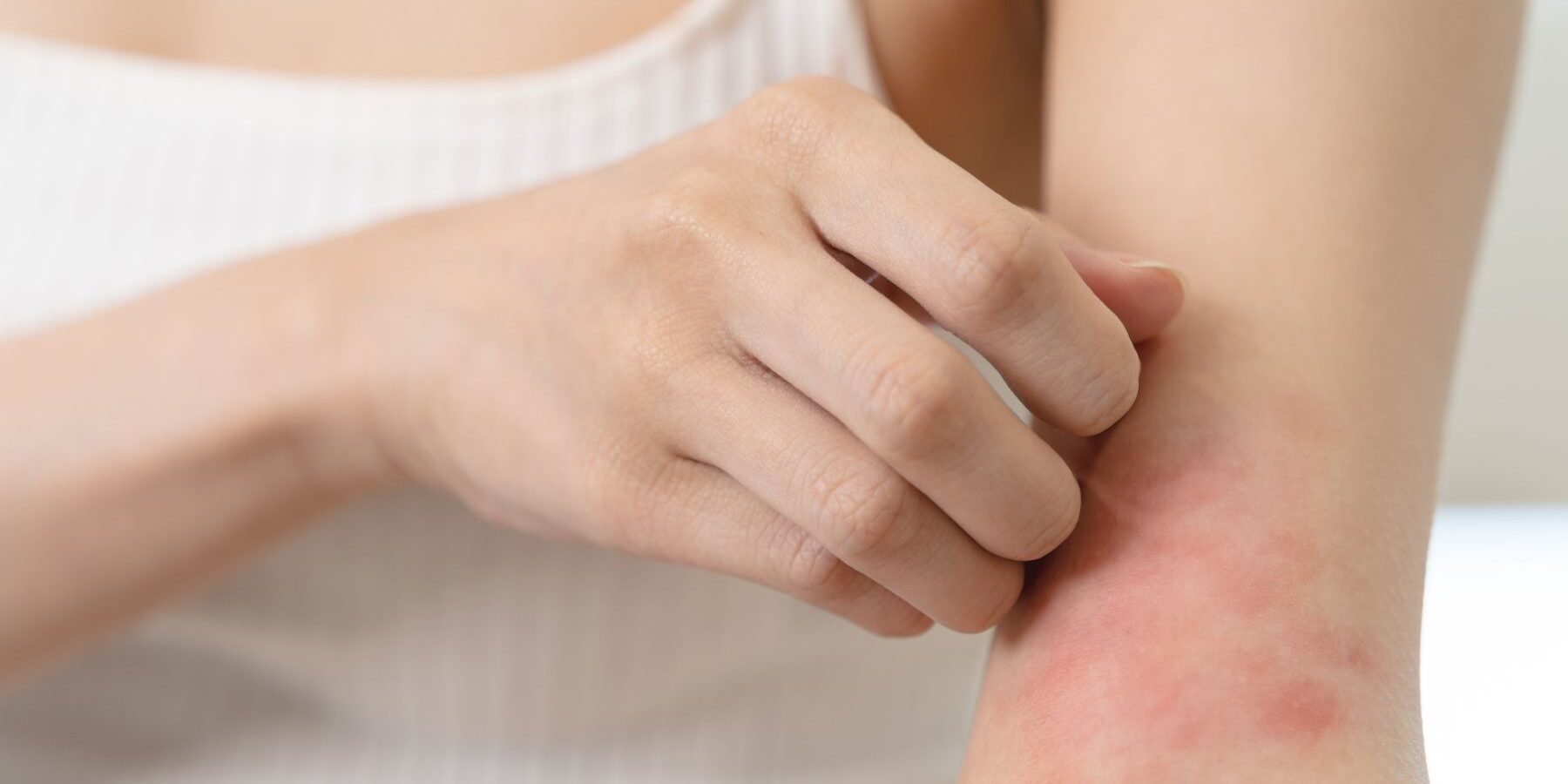Should I change my diet?
Some websites suggest avoiding high-iron foods or vitamin C. This really isn’t necessary, as treatment removes iron very efficiently and you’ll miss the other health benefits of a well balanced diet.
How is haemochromatosis tested?
Testing people who have no symptoms is not a routine part of medical care or checkups. However, researchers and public health officials do have some suggestions.
Siblings of people who have haemochromatosis should have their blood tested to see if they have the disease or are carriers.
Parents, children and other close relatives of people who have the disease should consider being tested.
Doctors should consider testing people who have joint disease, severe and continuing fatigue, heart disease, elevated liver enzymes, impotence, and diabetes because these conditions may result from haemochromatosis.
Phlebotomy treatment for hereditary Haemochromatosis
Principles of Treatment
This is the most efficient way of removing large amounts of iron from the body.
Red blood cells carry haemoglobin, which carries oxygen (and iron) in the blood. Each week we’ll take 450ml of blood. The bone marrow immediately starts to regenerate the red cells, which also pulls iron out of the excess stores that have built up.
Procedure
On the day of phlebotomy, have a light breakfast or lunch (depending on whether you have a morning or afternoon appointment). If you’ve not eaten you may feel faint post-procedure; a very heavy meal may give you nausea after the procedure.
We’ll take the blood from a vein in the forearm. There’s a brief moment of discomfort, similar to that when a blood sample is taken. You can ask for “Emla” anaesthetic cream if you find the process to be too unpleasant. It takes between 10 – 15 minutes for the blood collection to be completed.
Post-phlebotomy
Your doctor will ask you to remain seated for a few minutes to reduce the risk of dizziness. We’ll offer you water to drink before you leave, to make sure your blood recuperates quickly.
Avoid alcohol, and ensure a good intake of other fluids during the 24 hours afterwards. You should also refrain from vigorous exercise, such as sports, in order to avoid light headedness or fainting.
Search treatments & services A-Z
Search for a specific treatment or service.


